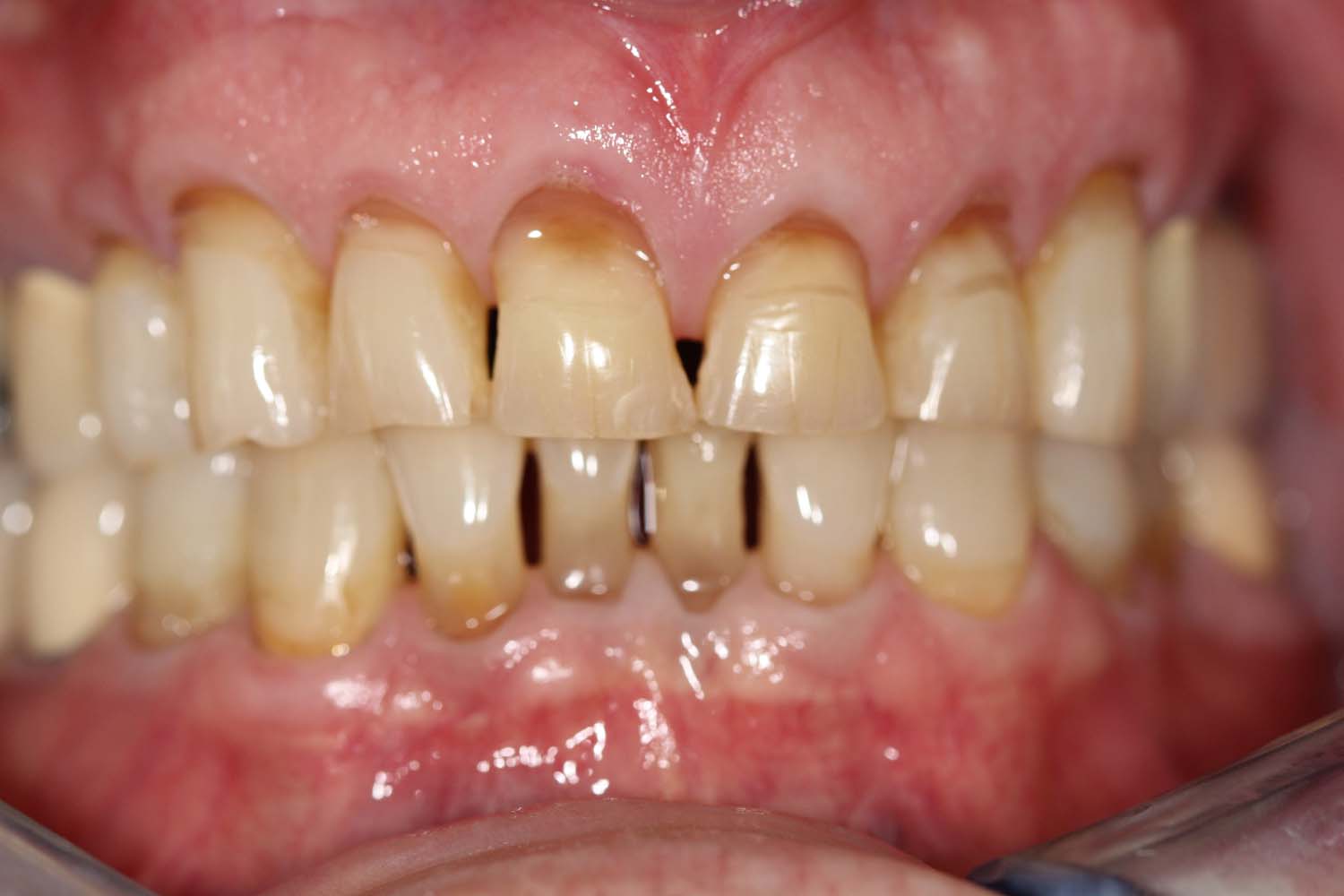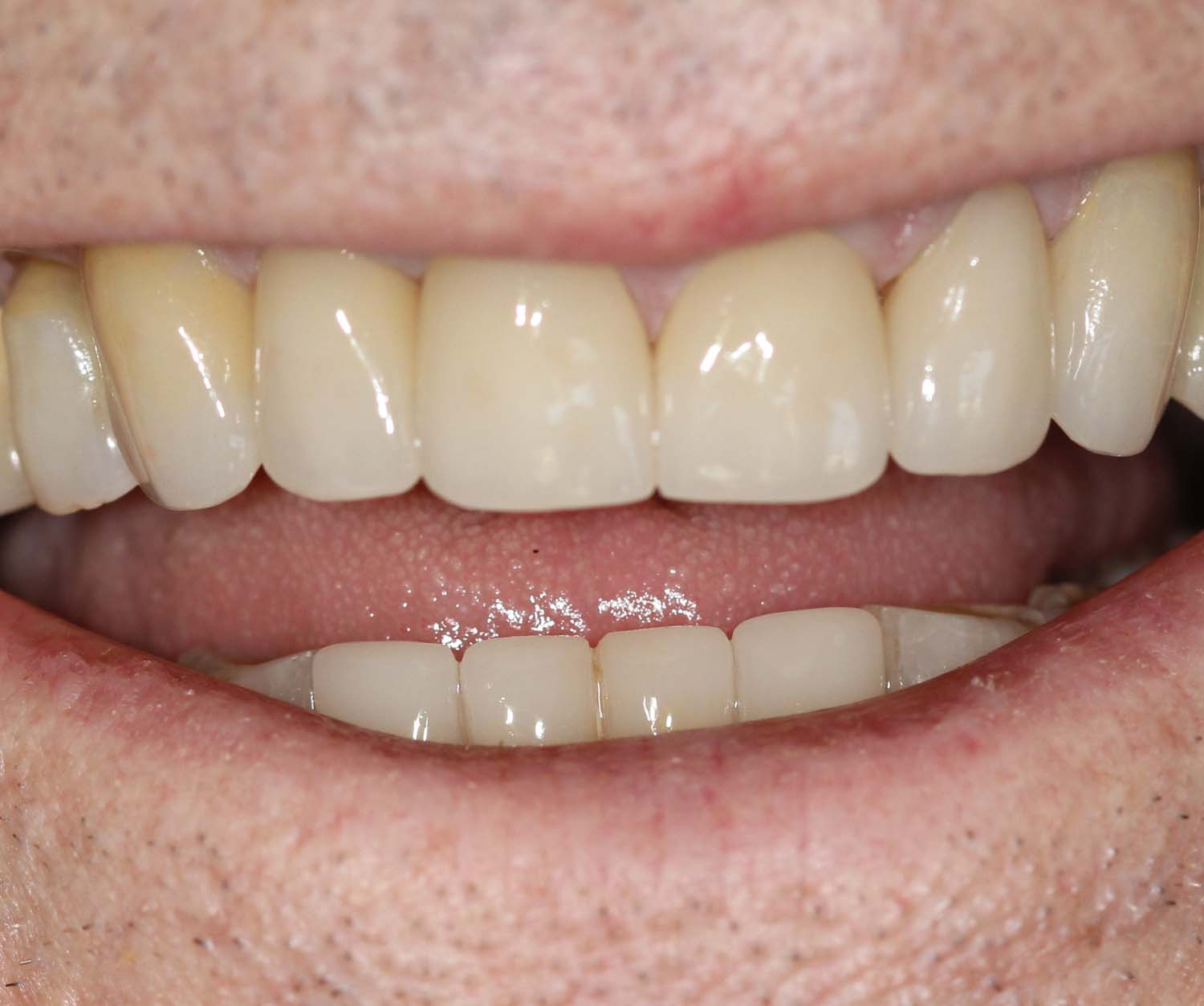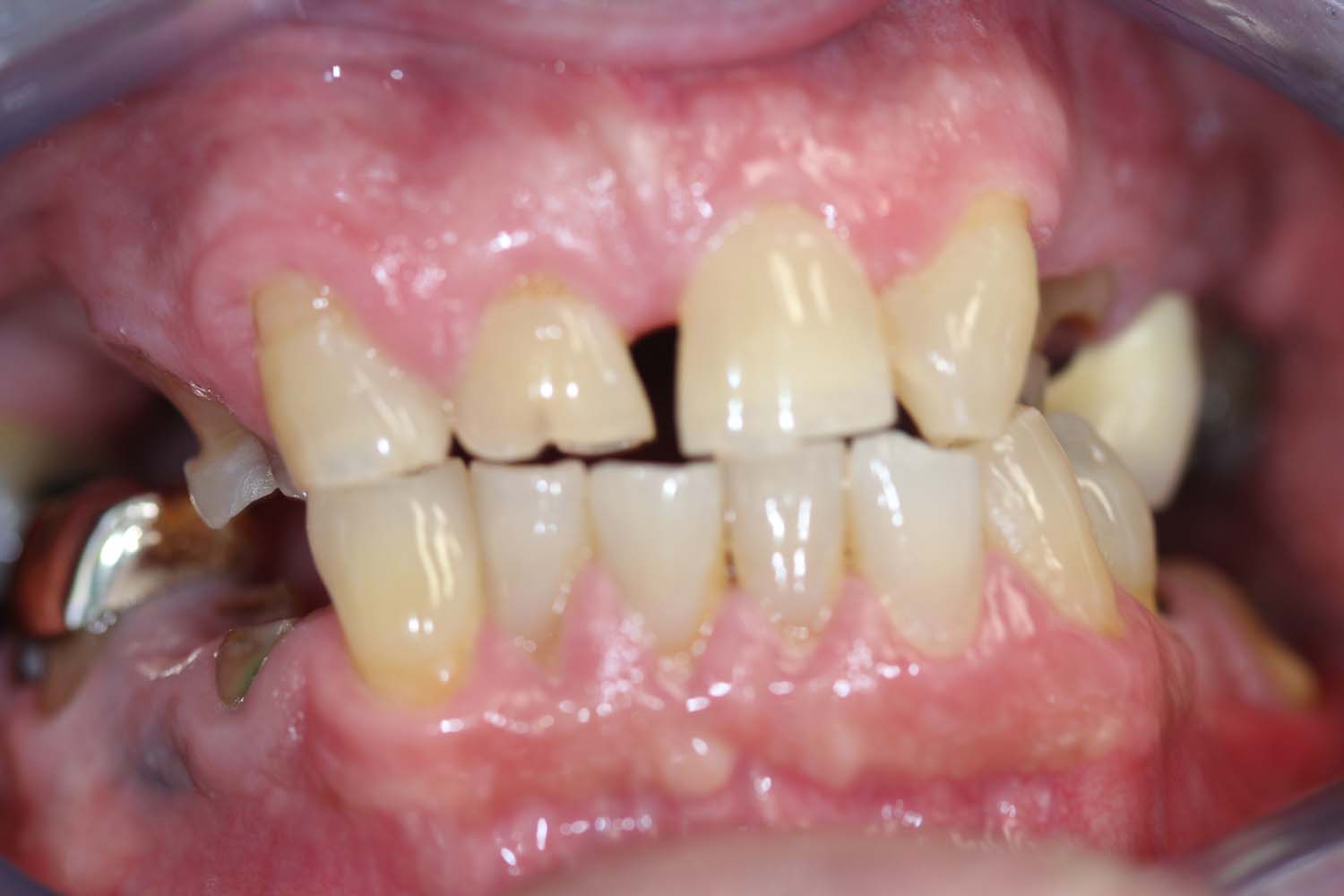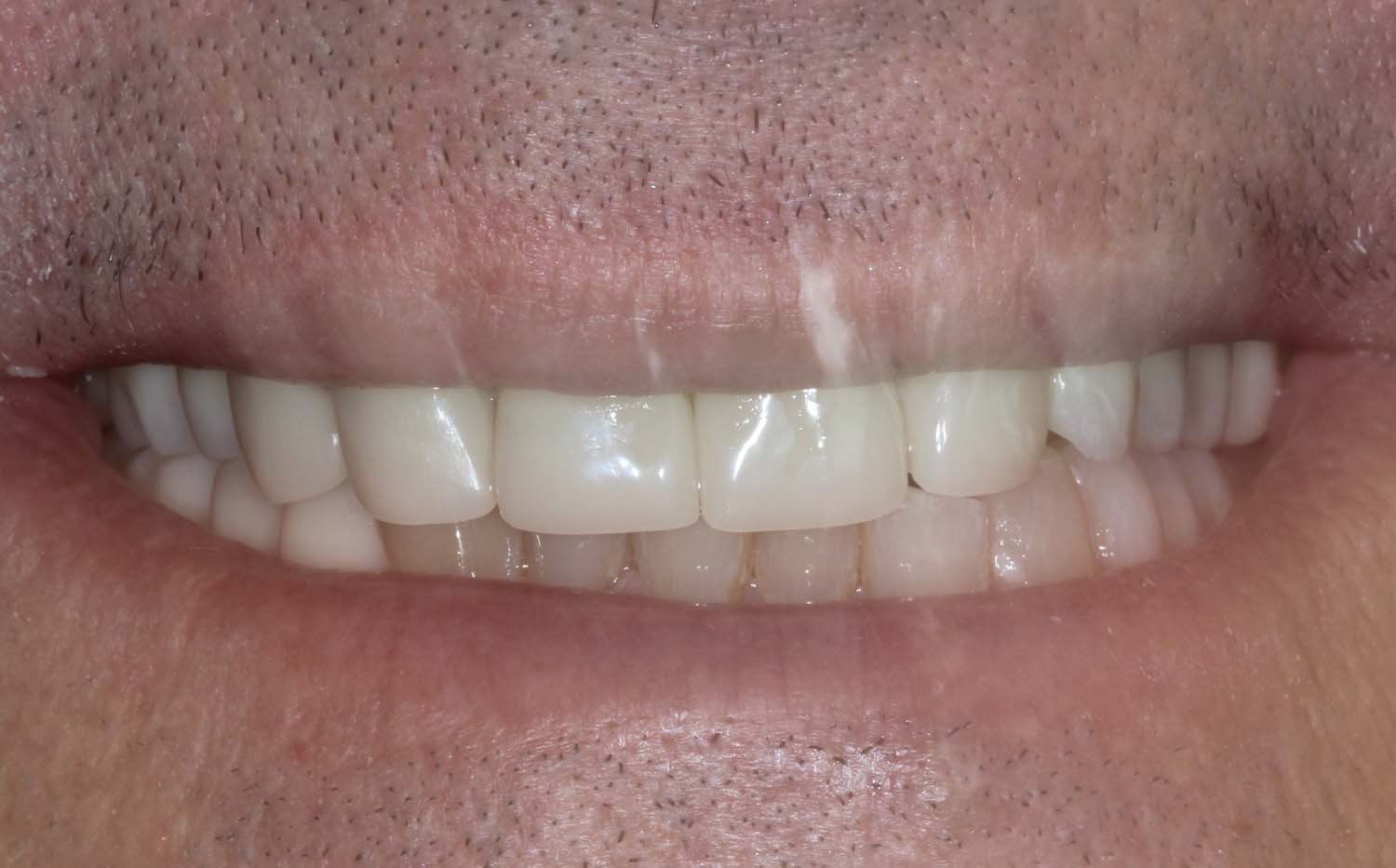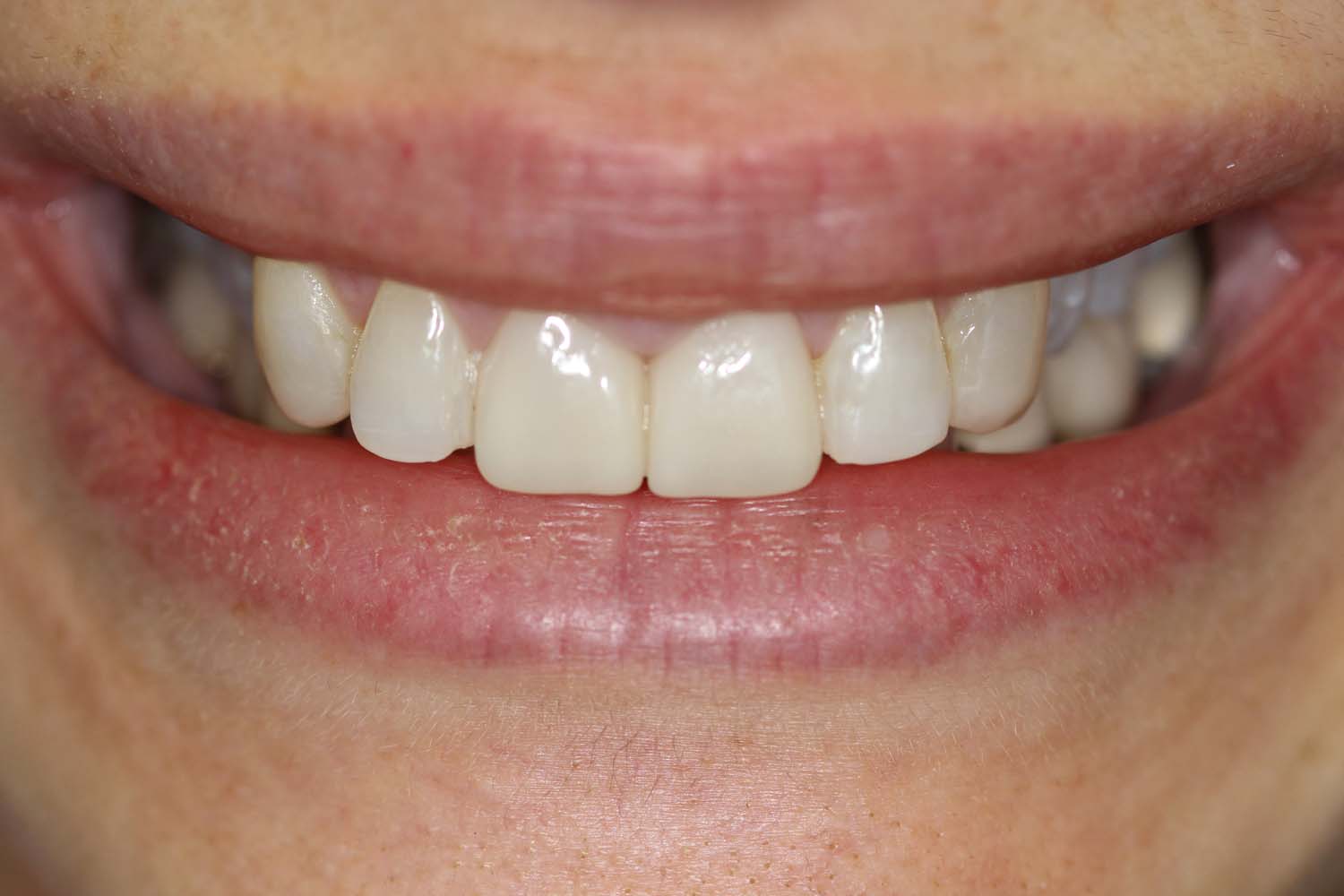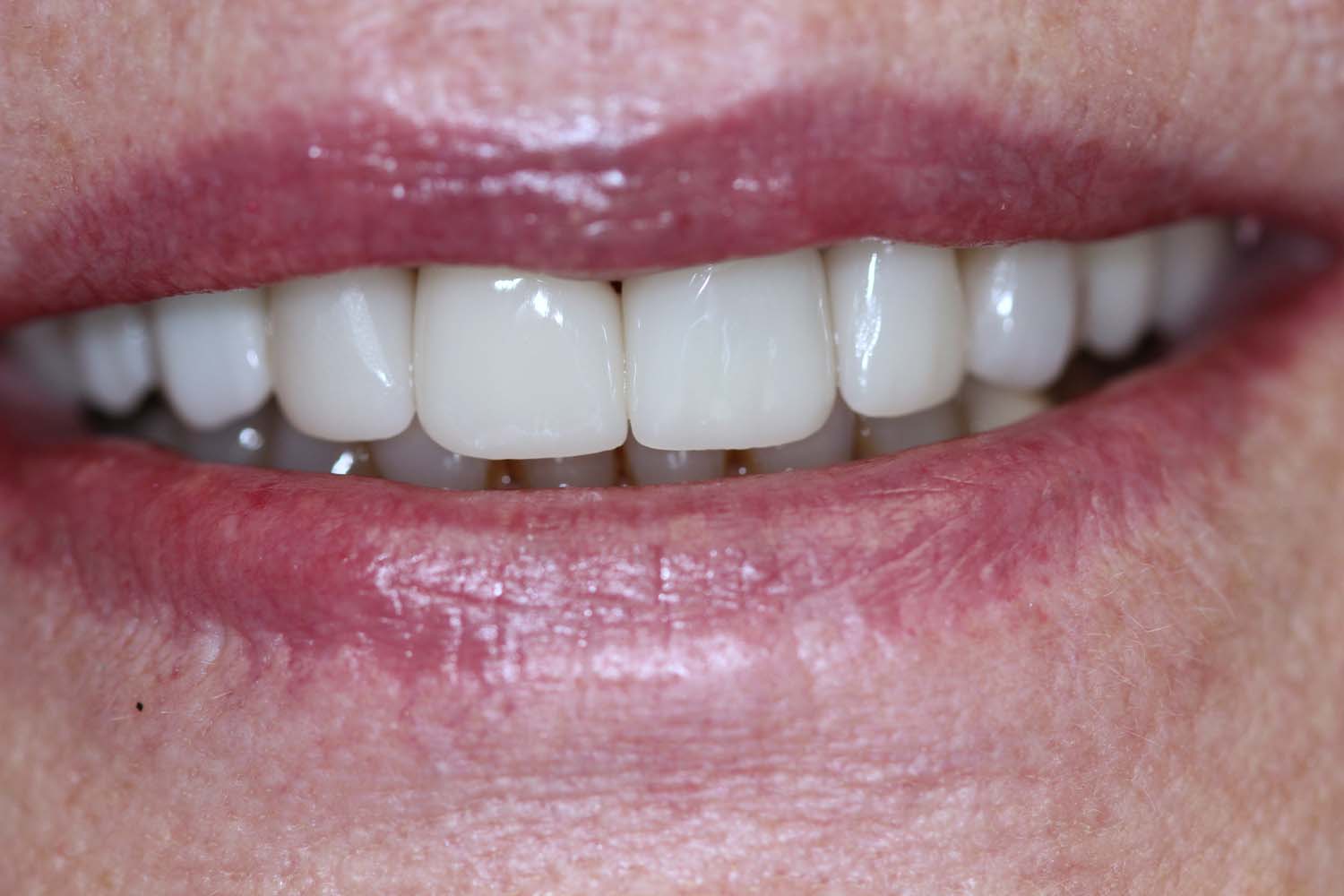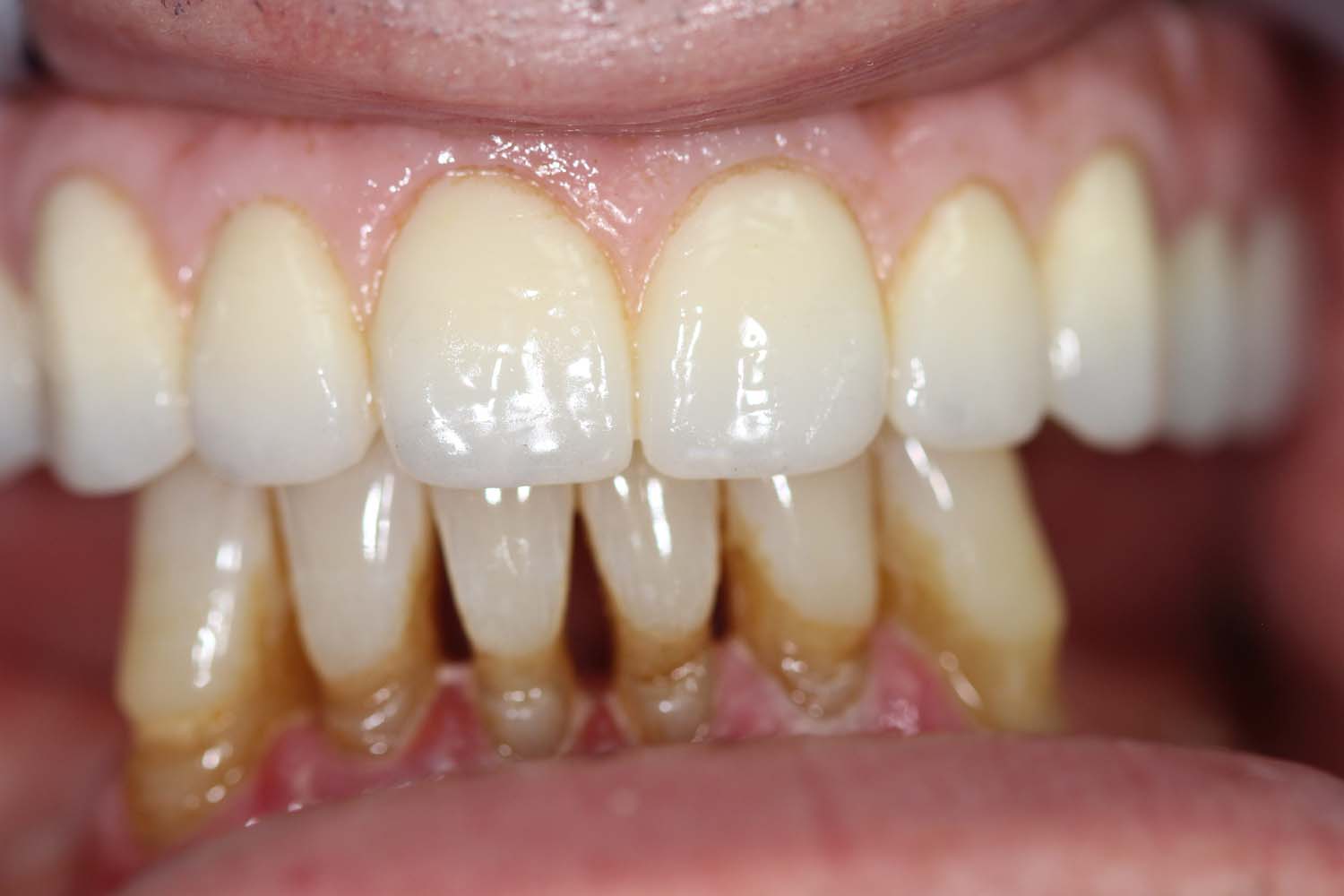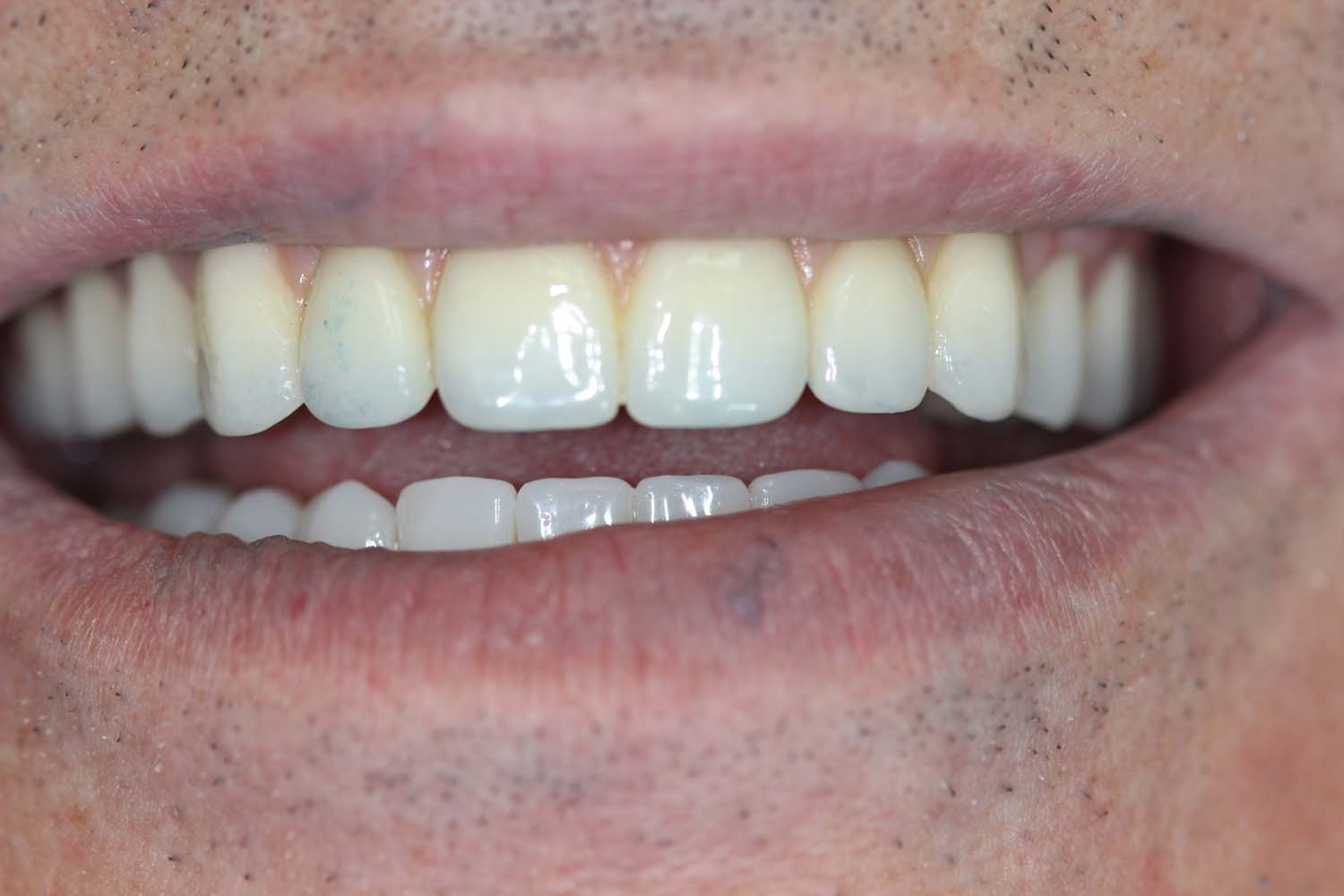With over forty years of experience in Implant Dentistry, our office was one of the first in the nation to offer this wonderful treatment modality to our patients. We have performed over 6000 dental implant procedures helping our patients to improve their lives for better dental health.
Dental implants can change your life. If you are one of millions of people who is missing some or all of your teeth, you may be suffering from:
If so, then dental implants can have a major impact on your quality of life.
Dental implants are a means of permanently replacing missing teeth and can improve your ability to eat and chew your food properly. They can provide comfort while eating, and improve facial appearance, resulting in more confidence during social interactions.
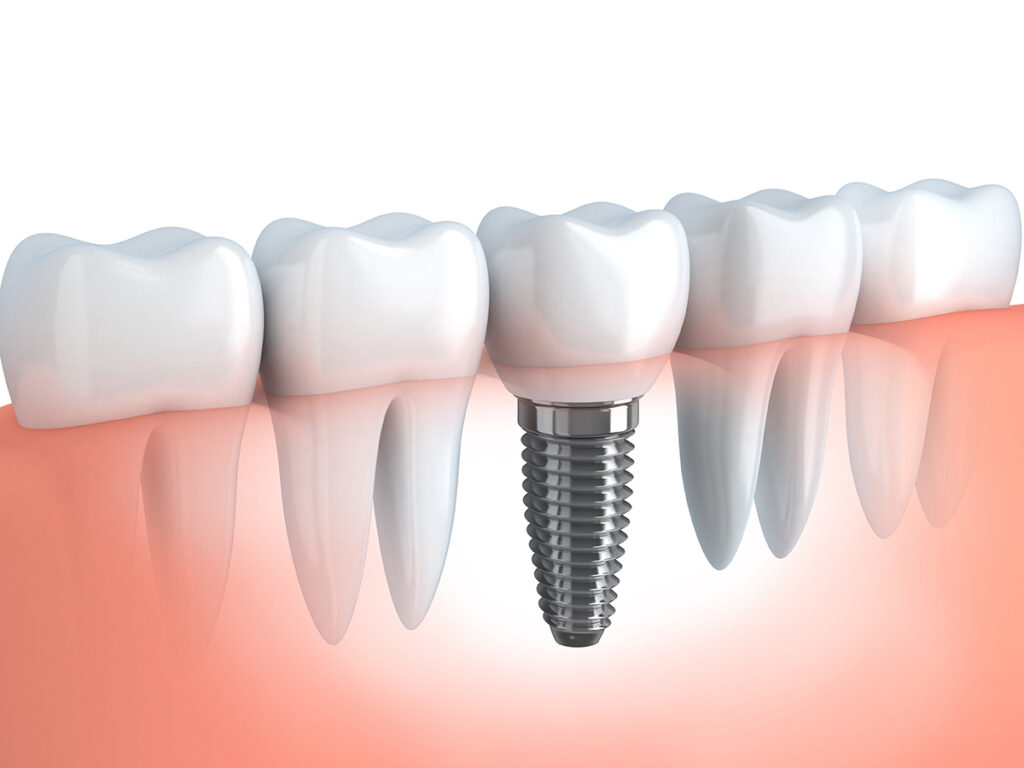
Dental implants are artificial root replacements that are surgically inserted into the jaw bone to replace missing teeth. Special implant surgical training is required to perform these procedures. Usually specialists such as Prosthodontists, Periodontists, or Oral Surgeons are most qualified to do these implant procedures. It takes two to four months for an implant to become permanently anchored to the bone.
The replacement teeth are then attached to implants and function in a manner almost identical to natural teeth. They can also look very natural looking and can enhance and restore a patient’s smile!
Dental implants are very strong, stable, and durable and will last many years, but on occasion, they will have to be re-tightened or replaced due to normal wear.
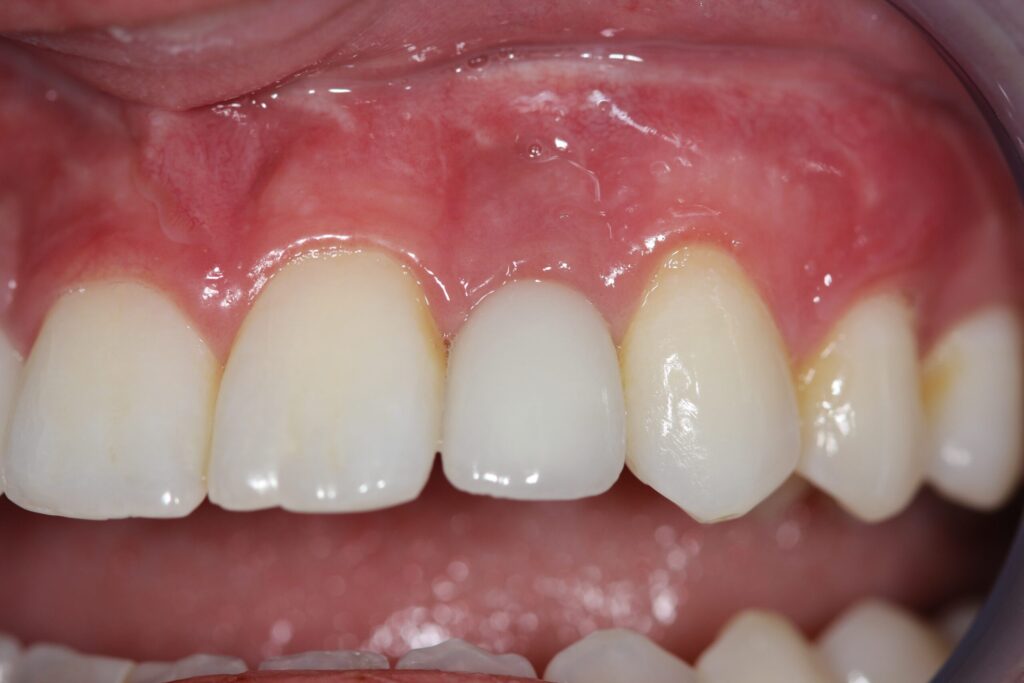
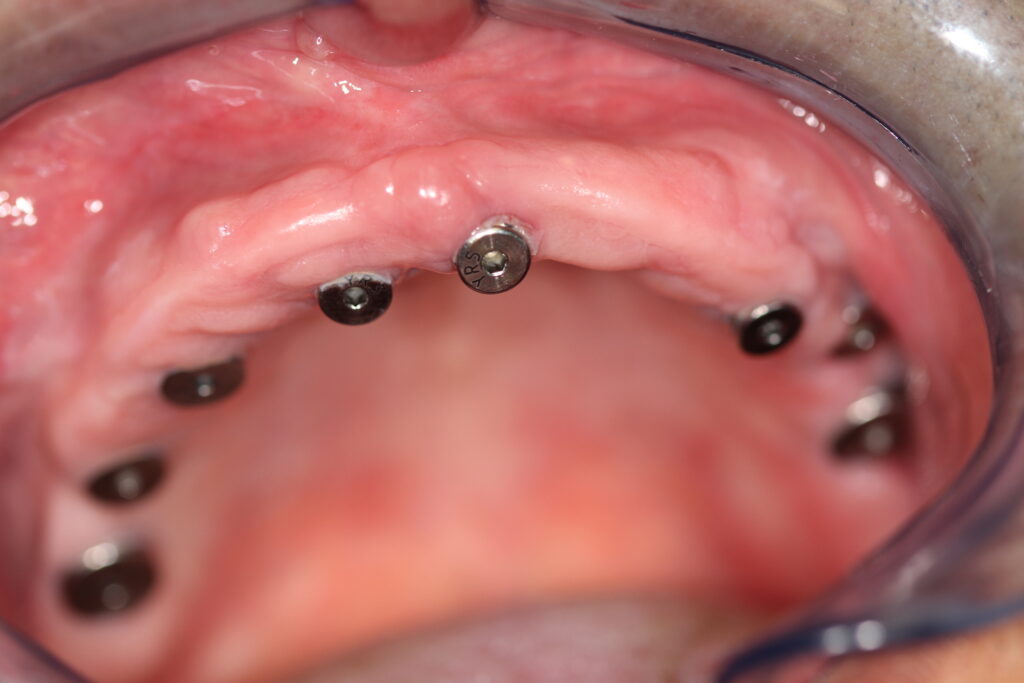
Usually, the most uncomfortable part of the procedure is getting the Novocain (local anesthetic). The procedure itself is almost completely painless. Afterwards, there may be some soreness, tenderness, or discomfort for a short period of time, but rarely is there significant pain.
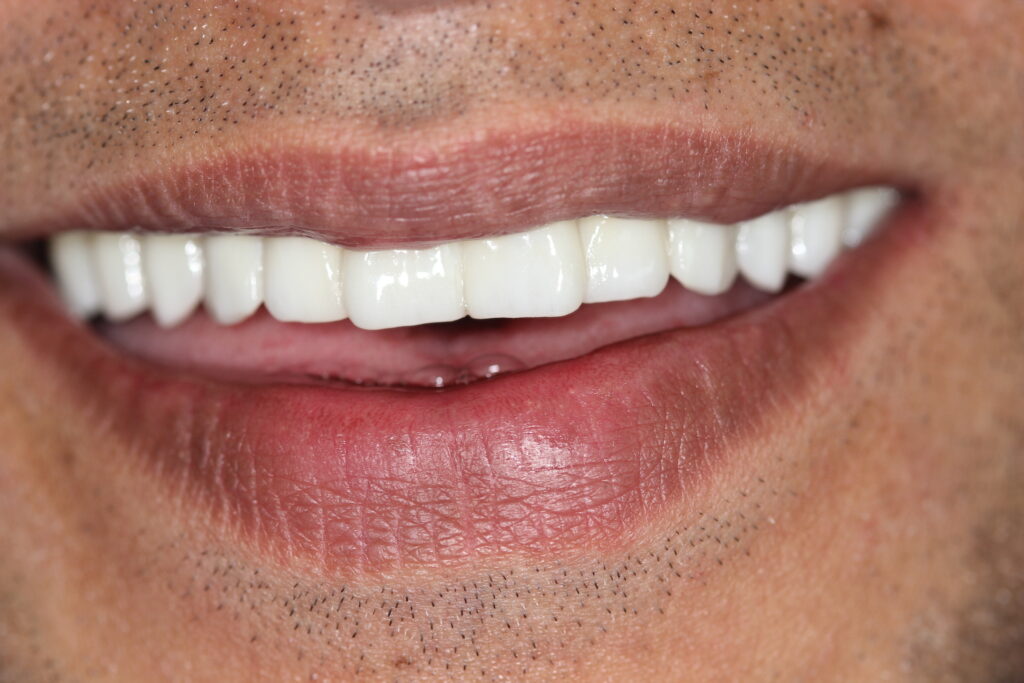
The process of getting implants usually requires several visits over a few months.
X-rays and impressions (molds) are taken of the jaw and teeth to determine bone, gum tissue, and spacing available for an implant. If adequate supporting tissues are present, the area is numbed. Then the implant will be surgically placed into the jaw and allowed to heal and integrate itself into the bone for one to four months. Depending on the type of implant, a second procedure may be required to place the “post” that will attach the artificial tooth to the implant. With other types of implants, the post and anchor are already attached and placed at the same time. If augmentation to the area is required, such as bone or soft tissue grafting, extra time may be required for healing prior to the placement of the implants.
After several weeks of healing, the artificial teeth are made and fitted to the dental implant. Because several fittings may be required, this step may take one to two months to complete. After a healing period, the artificial teeth are securely attached to the implant, providing excellent stability and comfort to the patient.
You will receive care instructions when your treatment is completed. Good oral hygiene, eating habits, and regular dental visits will help extend the life of your new implant.
Click on image to see transformation


